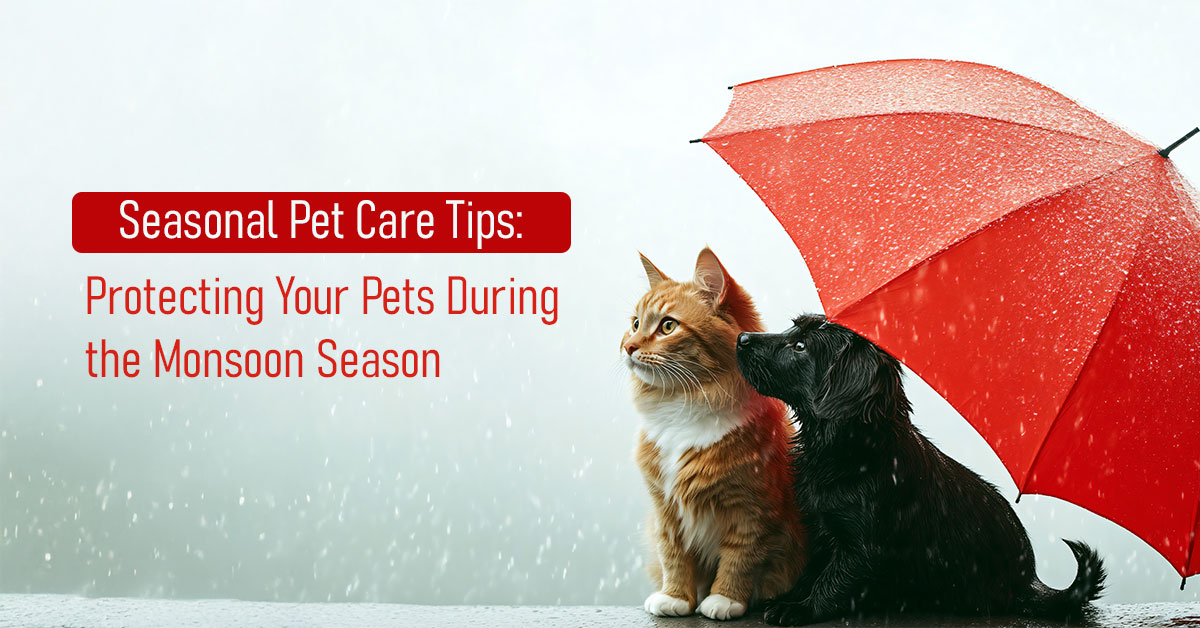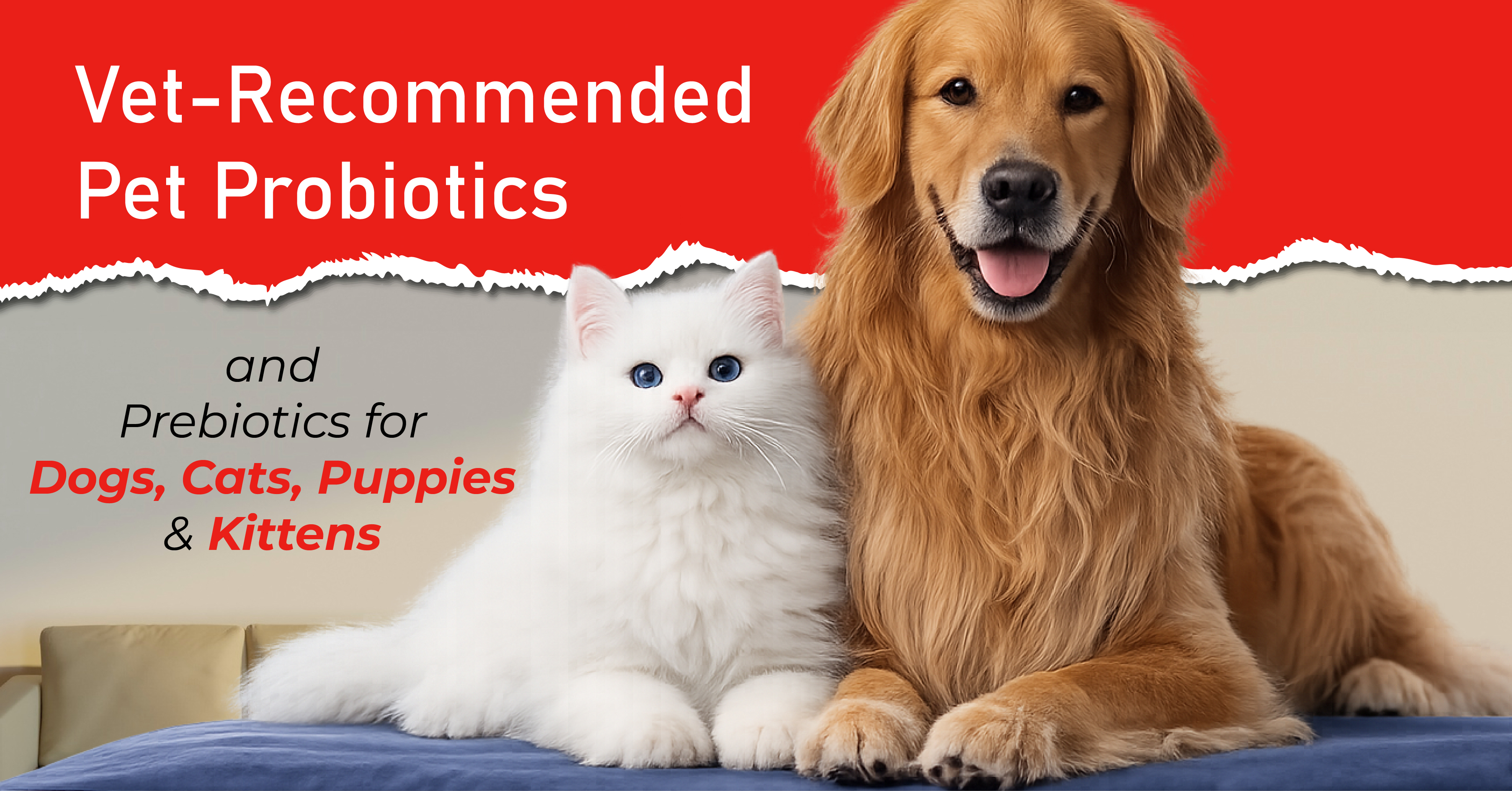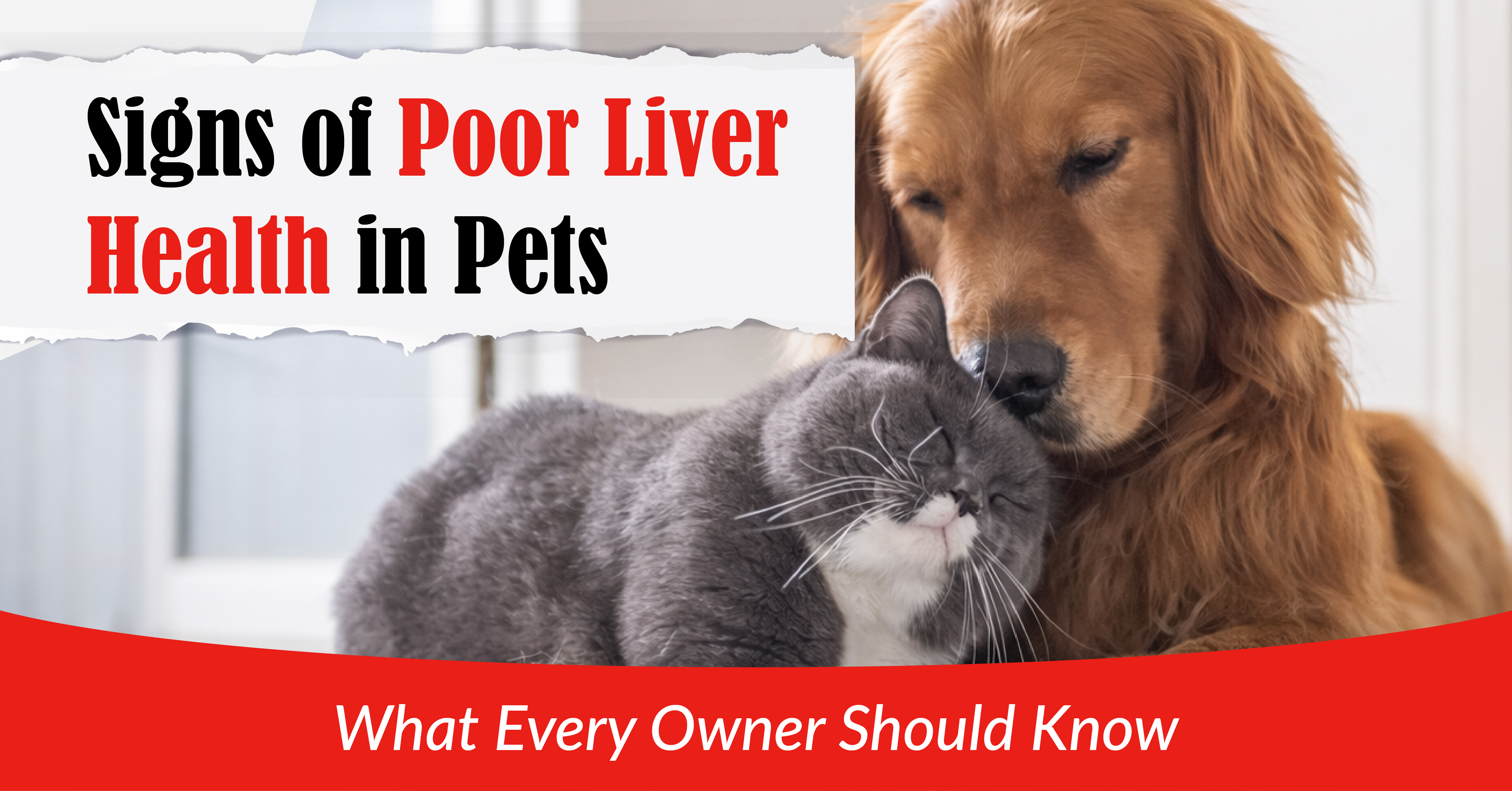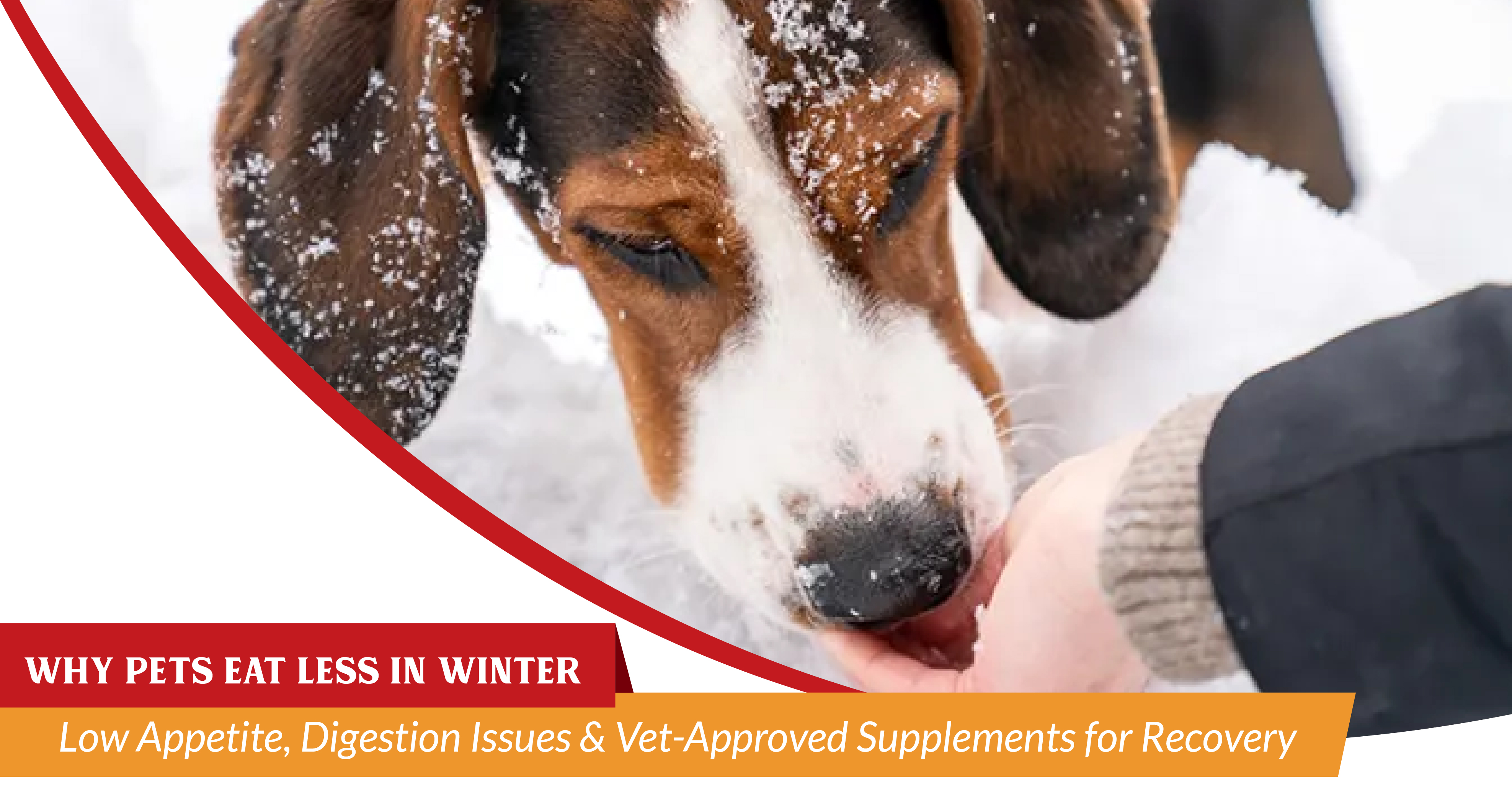Table of Contents
More from Blog
Seasonal Pet Care Tips: Protecting Your Pets During the Monsoon Season
Apr 30, 2025

As the monsoon season arrives with heavy rains, damp air and increased humidity, it affects not only us but our pets as well. While the cooler temperatures may feel pleasant, the monsoon brings several health challenges for furry companions. From muddy paws to skin infections, pet care during this season needs extra attention.
So, how can we ensure the health and happiness of our pets during the rainy months? Below are some essential seasonal pet care tips, aligned with everyday veterinary care needs.
Keep Their Coat Clean and Dry
Wet and muddy conditions during monsoon can quickly lead to skin infections if your pet's coat remains damp for long.
How can we take care of animals during the monsoon?
- Frequent baths: Use pet-friendly shampoos and skin-care formulations designed to remove dirt without stripping natural oils.
- Thorough drying: Dry your pet completely after baths or walks, especially around ears, paws and skin folds.
Check Their Paws Regularly
Damp paws are highly prone to infections during the rainy season.
Pet health care tips for paw hygiene
- Clean paws after every walk using gentle wipes or antiseptic solutions
- Trim nails regularly to avoid trapping dirt and moisture
- Use paw-care products to soothe cracked or irritated pads
Watch for Fleas, Ticks and Mosquitoe
The monsoon season increases the risk of parasitic infestations, which can lead to skin allergies and disease transmission.
Preventive care during monsoon
- Use vet-recommended flea and tick treatments
- Follow regular deworming schedules
- Protect pets from mosquito exposure to reduce disease risk
Consult your veterinarian before use.
Hydration Is Still Important
Even in cooler weather, pets need adequate hydration to maintain overall health.
Why should we take care of animals and keep them hydrated?
- Ensure access to clean drinking water at all times
- Monitor hydration levels, especially for pets on medication
- Avoid stagnant water sources during outdoor exposure
Protect Them from Cold and Damp Condition
Extended exposure to wet weather may increase the risk of discomfort and respiratory concerns.
Pet care tips for warmth and comfort
- Use waterproof clothing for smaller or senior pets
- Keep indoor resting areas dry and warm
- Avoid damp bedding and flooring
Be Mindful of Their Diet
Humidity can affect appetite, digestion and food quality.
How can we take care of animals' diet during the monsoon?
- Offer fresh, easily digestible meals
- Store pet food in airtight containers
- Avoid feeding spoiled or moisture-exposed food
Consult your veterinarian before making dietary changes.
Energy Demands During the Monsoon
Reduced outdoor activity can affect energy balance and weight.
Adjusting activity and nutrition
- Adjust portion sizes to match activity levels
- Encourage indoor play to maintain fitness
- Support energy levels with balanced nutrition
Watch for Seasonal Health Issues
Humidity creates ideal conditions for fungal and bacterial infections.
Common monsoon-related health concerns
- Skin infections: Look for redness, itching or unusual odours
- Early treatment: Prompt veterinary care helps reduce the risk of
- complications.
Keep Your Home Clean and Hygienic
A clean environment reduces the spread of germs.
How can we take care of animals in a clean environment?
- Clean pet bedding regularly
- Disinfect toys and feeding bowls
- Maintain dry resting areas
Conclusion - Monsoon Care Made Simple
Monsoon pet care focuses on hygiene, prevention and timely health support. By combining good grooming habits, parasite control, balanced nutrition and regular veterinary care, pets can stay healthy throughout the rainy season.
With the right seasonal care and trusted veterinary solutions, pet parents can confidently protect their pets during monsoon challenges. Azista Vet supports responsible pet care by offering a wide range of animal medicine and veterinary products designed for everyday health needs.
Frequently Asked Questions (FAQs)
1. How can we take care of animals during the monsoon season?
Focus on hygiene, parasite prevention, proper nutrition and regular health monitoring.
2. Which Azista Vet products are useful during monsoon?
Skin care, hygiene, parasite prevention and nutritional support products may be considered based on your veterinarian's advice.
3. Why are pets prone to skin infections during monsoon?
Humidity and moisture promote fungal and bacterial growth, especially if fur and paws remain wet.
4. Is parasite control important during rainy weather?
Yes. Fleas, ticks and mosquitoes are more active during monsoon and require preventive treatment.
5. Should pet diets be changed during monsoon?
In some cases, light, fresh meals may support comfort and feeding consistency during humid conditions. Always consult your veterinarian.
6. When should I consult a veterinarian during monsoon?
If your pet shows signs of skin issues, coughing, lethargy, appetite loss or behavioural changes.




